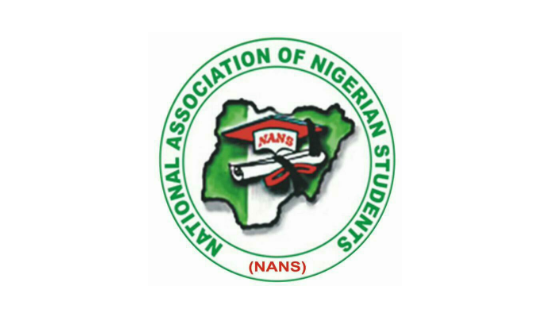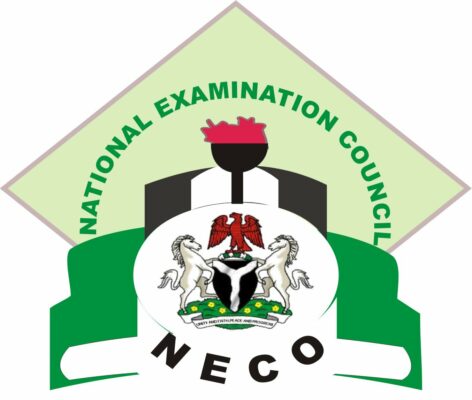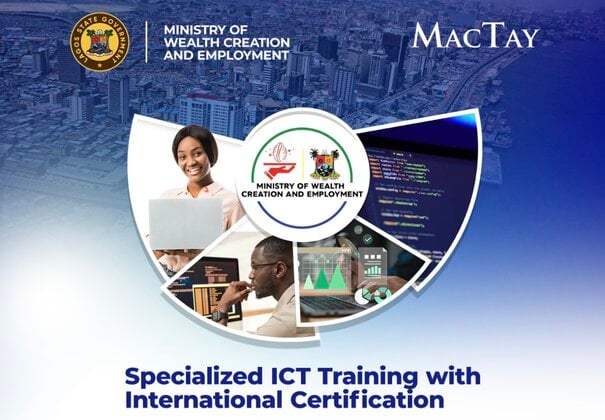NANS requests that Tinubu approve the N200,000 bursary allowance for students


President Bola Tinubu has been urged to approve a national annual bursary of N200,000 for all Nigerian students, regardless of academic standing, by Lucky Emonefe, the recently elected president of the National Association of Nigerian Students (NANS).
During his initial press conference on Saturday in Abuja, Emonefe stated that the Fund will serve as a buffer against the harsh economic conditions brought on by Tinubu’s administration’s long-overdue economic reforms.
On Monday, Nov. 27, 2023, NANS began the process of electing new leaders.
He stated, “NANS, under my leadership, since will not be a rubber stamp to government decisions and policies, by the same token, we shall not be used by any individual or group to advance or achieve their nefarious agenda against the state.
“We shall closely monitor, analyse, and scrutinise government policies as they relate to the general well-being of the students and the greater welfare of the Nigerian citizenry before coming up with our position on governance. Strictly speaking, our NANS is NANS for the students’ interests alone.
“As a flow from the above, we hereby make a passionate appeal to Mr President to approve a national annual bursary of $200,000 for all Nigerians, irrespective of their creed or tribe.
“This, of course, will act to cushion the effects of the hard economic situation and the overdue economic reforms of President Bola Ahmed Tinubu.
”He further commended the proposed takeoff of the student loans scheme in January 2024, saying the NANS would like to be part of the monitoring and supervisory body for the scheme to ensure strict compliance with the scheme’s terms and goals.
“Without mincing words, the stoppage of the proposed remittance of 40 per cent IGR of public-owned tertiary institutions of learning to the federal cover is manifest of Mr President’s feelings and the correct gauge of the pulse of Nigerian students and citizens.The policy will no doubt have a heavy toll and monumental pressure on the wellbeing and survival of average Nigerian students.”





